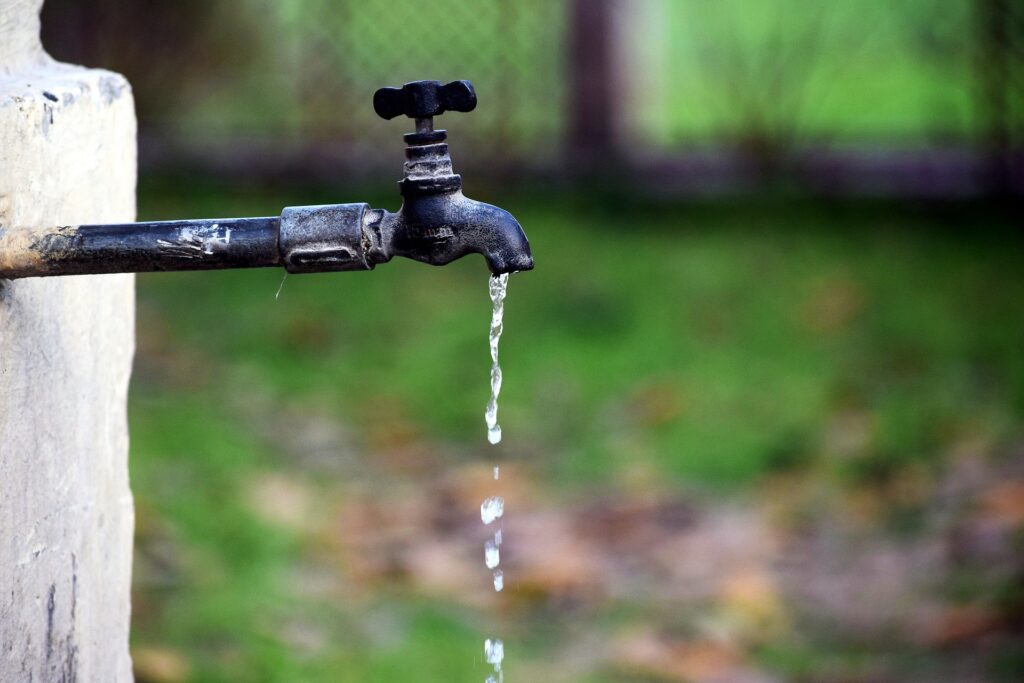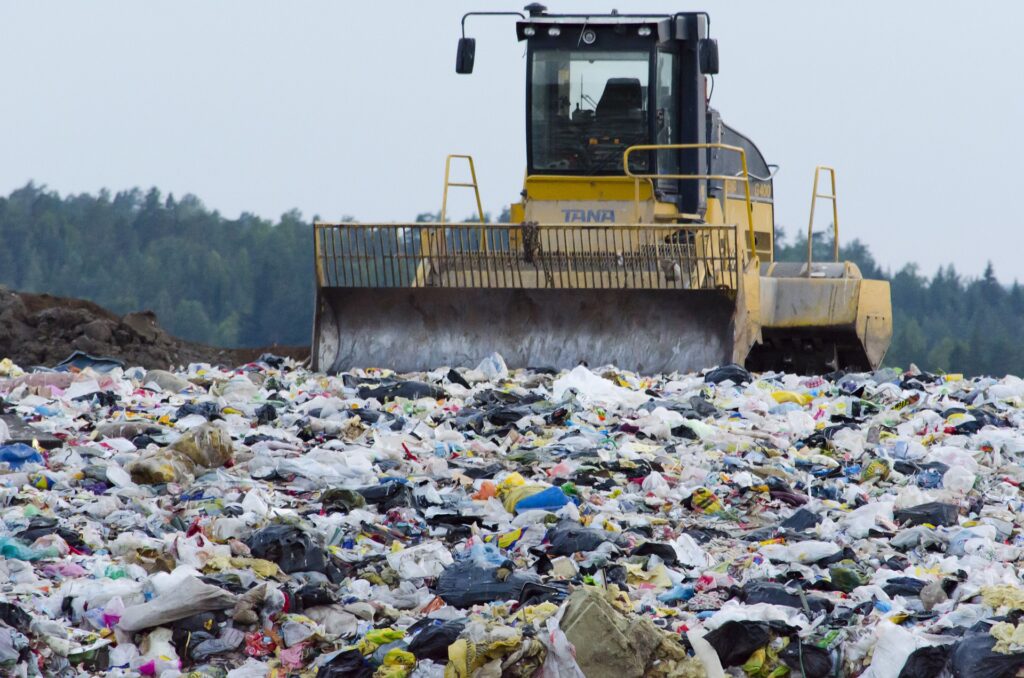We have seen a lot of articles and news on the positive impacts of the COVID-19 lockdown on the environment in India and across the world. While the changes have been phenomenal, it is unreal and unreasonable to expect the situation to remain the same forever. We predict that at least in the short term, sustainability is likely to take a hit. Here are the top 5 reasons why:
REASON # 1: Oil is Cheap!

As of writing this piece, the price of 1 litre of oil is 0.12 USD. While this is causing economical concerns, there is a huge environmental concern as well. This decrease will result in oil being the preferred fuel to use for power production and several industrial uses. While this is a slightly better option than dirtier fuels such as coal, it still has a higher environmental footprint than renewable energy options. There will be a dampening of the recent excitement in renewables at least in the short term.
Plastic plastic everywhere
With cheaper oil, producing new plastics would be cheaper than recycling plastics. Expect an increase in plastics production, while used plastic may be discarded rather than recycled. Going hand-in-hand, expect to see an increase in the demand for plastics. The fear of the virus will definitely see a fall in the use of re-usable containers and cutlery. Plastic bags and packaging may also be preferred over reusable cloth bags. The demand for disposables will be a great boon to the plastic industry and a huge impact on the environment. Needless to say, the shift back to reusables will be a long and arduous one.
REASON # 2: Out of Fashion

We are well into the Spring fashion season and there are no indications on the opening up of retail. Fashion retail companies are facing a huge dilemma at this time. And this is not just to do with future sales. Most major retail companies are now devoting extensive time and resources on figuring out what needs to be done with the Spring fashion that was ready to hit the stores earlier this year. Big brand retail companies typically outsource the textile manufacturing to several countries such as India, Sri Lanka and Bangladesh. With lockdown implementation across the world, these garments have been unable to get into stores, not just because retail outlets are closed, but also because of the ban on travel and transport. With limited storage space both at the manufacturing facility as well as the headquarters, addressing this issue has been on top priority for most brands. With several restrictions from the legal standpoint as well as from a company policy standpoint, we are at the brink of a new disaster – tons of garments possibly ending up in landfills or being burnt. Big brands are putting their best minds at work to come up with a sustainable solution, but the prediction is that there will be a certain amount of wastage that we may see.
REASON # 3: Water Crisis

With an emphasis on washing hands, this one is a no-brainer. Water was already an issue before COVID-19. Post COVID-19, we are heading towards a possible water crisis. In their attempt to ward off the virus, people are going to get over-cautious with washing hands. There are several issues with this – the most obvious being increased water consumption. More importantly, this is likely to impact equitable distribution of water where the marginalized population find themselves lacking in clean water even for their most basic needs, let along frequent hand-washing.
REASON # 4: Landfill woes

Guess where the disposable gloves and masks end up? You guessed it right. Expect our already choking landfills to be the final resting place for the hundreds of disposable masks that everybody is expected to wear to curb the spread of COVID-19. Human health has always taken precedence over environmental health. It took environmental groups and scientists decades to finally have some public debate on the links between the two. There is a strong possibility that these lessons may be forgotten under the imminent health risks, at least in the short time.
REASON # 5: Public transport

There has been unanimous agreement on the role of public transport in reducing air pollution and being climate-friendly. For the past several years, cities have been transitioning towards use of public transport, and adoption of public transport has been on the rise. However, COVID-19 has put a dent in this. Expect a short-term dip in the use of public transport as people try to stay safe from the virus. Increase in the number of private vehicles will translate into higher pollution.
On the flip side, some companies have realized that the work-from-home policy has both economic benefits as well as increase in productivity. Companies such as TCS have decided to extend work-from-home for at least a year. If more companies opt to do this, we may be able to achieve a balance on the number of vehicles on the road.
In Continuation…
The world has suffered a great human and economic loss – the likes of which we haven’t seen in our lifetimes. The road to recovery is a long one. It is important for countries to have a strong plan for economic growth and human safety. This journey is bound to take it’s toll on environmental sustainability in the short term. However, it is equally important that governments factor in long-term sustainability into their post COVID-19 plans. Today, the need for a better and cleaner environment is evident more than ever. We have tasted what it is like. We just need to take action to keep it that way.

